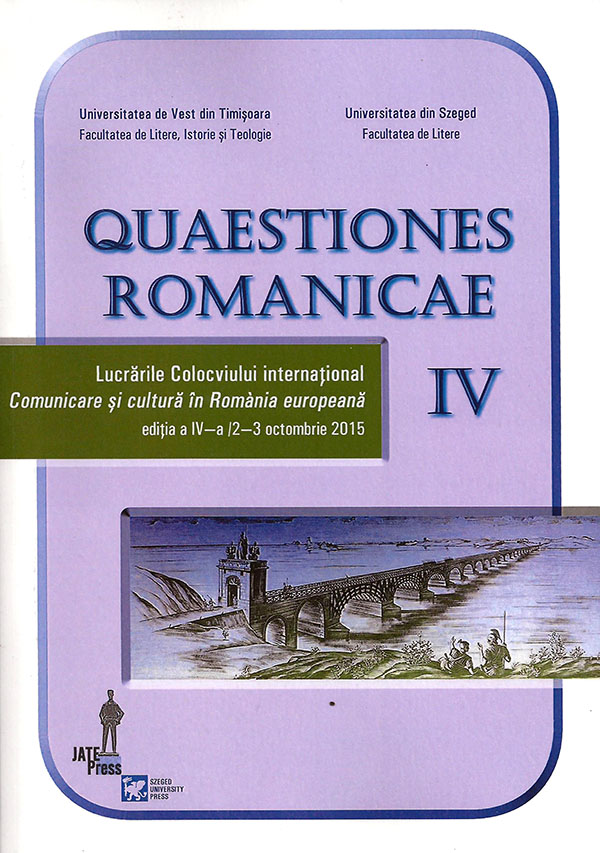Per un concetto di “etinia” (etica + ironia) nei racconti in dialetto istrioto di Giovanni Obrovaz
Abstract: (The Concept of “Ethiny” (ethics + irony) in Giovanni Obrovaz’s Stories in the Istriot Dialect). The short stories, with a rustic and folk setting, mostly written in a simple form of a dialogue between few characters, reflect the humble and destitute reality of the Istrian village in the late nineteenth and the first half of the twentieth century. In the texts, written in the archaic Istriot vernacular as it was spoken at the time, the author captures with an empathy-inducing technique, therefore essentially realistic, the representation of "the humble". Thus, Obrovaz’s pen shapes a subaltern world in its meanest reality: the world of peasants, presented in their eternally wretched condition, due to the uncertainty of yield and harvest; the old, the poor or the outcast, as the victims of atrocious neglect by their families or superstition; various adversities that inexorably accompany the existence of these unfortunates. However, as the mirror image, there is the world of carelessness, youth and joy, pure happiness, such as falling in love, the encounter and courtship between two young people, their exchanging affections along a country lane or before saying goodbye, the anxiety and the desire to meet again, the excitement and happiness of planning a future together. It is through these two narrative strands that the author skilfully weaves into his discourse, through a subtle ironic tone, references to the patterns of behaviour, the way of life and customs that represented the ethos of that world. This paper aims to identify and analyze these discursive topoi in the writings of Giovanni Obrovaz.
Keywords: Istriot, story, peasant, Obrovaz, Bale (Valle).
Riassunto: I racconti brevi, d’ambientazione rusticana e popolare, redatti, più frequentemente, nella forma semplice del dialogo tra pochi personaggi, riflettono la realtà umile e disagiata del paese istriano a cavallo tra la fine del XIX e la prima metà del XX secolo. Nei testi, scritti nell’arcaico vernacolo istrioto com’era parlato all’epoca, l’autore coglie e ferma con la tecnica dell’immedesimazione, e quindi essenzialmente veristica, la rappresentazione degli “umili”. Ecco che dalla penna dell’Obrovaz prende forma e vita un mondo subalterno nella sua concretezza più meschina: è il mondo dei contadini, presentato nella loro condizione eternamente precaria, causa l’incertezza dei raccolti e dell’annata; dei vecchi, indigenti o emarginati, perché vittime della scellerata incuria dei familiari o della superstizione; delle avversità più diverse che inesorabilmente accompagnano l’esistenza di quegli infelici. Ma è, speculare a quello, anche il mondo della spensieratezza, della giovinezza e dell’allegria, di una felicità schietta, come l’innamoramento, l’incontro, il corteggiamento di due giovani, le loro effusioni lungo un sentiero di campagna o prima del commiato, l’ansia e il desiderio di rivedersi, l’emozione e la felicità di un futuro da vivere insieme. È attraverso questi due filoni narrativi che l’autore abilmente intesse nel suo discorso, attraverso un piglio sottilmente ironico, accenni a modalità di comportamento, a norme di vita e di costume che rappresentavano l’ethos di quel mondo. Il presente lavoro si prefigge l’individuazione e l’analisi di tali tòpoi discorsivi nella produzione narrativa dell’autore vallese.
Parole chiave: istrioto, racconto, contadino, Obrovaz, Valle.
